OUR "WHY"
The story behind the project
October 16, 2011, Katrina KIng lost her daughter, Kirstyn Miranda King, age 20, to an opioid and benzo overdose. Her daughter had only been abusing the drugs a few months when her addiction took off viciously, costing Katrina one of two of her children. Katrina was incarcerated due to her own addiction at the time and was completely powerless to help save her daughter or to react to the news of her death in any other way but ... agonizing acceptance. Her mind, soul and heart went into a frozen winter mode.
Within a month of Kirstyn's death, Katrina was given work release status. Within 4 months, she graduated to the ankle bracelet program where she could serve out the rest of her sentence imposed for prescription fraud, distribution and other related offenses. The immediate days and months following her release, she was in a zombie like state, simply complying with all restrictions and requirements imposed by the courts. She was robotic and lifeless and her insides felt empty.
In hindsight, she realized she had suffered a long overdue breakdown. She allowed abuse and severe chaos to permeate her life and although she was no longer abusing drugs, she was abusing herself by way of being a sitting duck, in spite of her reactive vocal objections to the abuse.
Katrina was not only suffering a breakdown brought on by trauma and grief but, her brain was healing from the affects of severe and extended substance abuse.
As the years passed, the fog lifted. She spent hours upon hours, reflecting back on her life and the steps leading up to her very painful "rock bottom". She considered her daughter's situation and how it could've been prevented. The two factors that stood above out and above any other were lack of awareness and loss of connection. She began to consider cause and effect and realize that from childhood through adulthood, she was a product of failed chances to identify and intervene. Prevention education would've possibly avoided this all as Katrina was vigilantly opposed to drug use of any kind after having suffered from cocaine and alcohol use as a teen. She understood her genetic predisposition as addiction ran rampant and was prevalent on both sides of her family. However, this was a pill, it was prescribed by a doctor. She was truly clueless until it was far too late and the drug had her soul firmly in it's grips.
The most important factor in their case was loss of connection and isolation. From workplace to courts, no one recognized and understood what was happening, until it was much too late.
Eventually, Katrina began to consider venting and connecting by sharing her story through writing. She had always expressed herself this way since childhood. After doing so for a major online publication , she was thanked by loving supporters who felt her grief and were moved to action in their own lives. This single moment lead to her deciding to put aside fear of rejection and ego and follow her heart... follow her purpose.
When her daughter died and Katrina lost every material thing, she left the jail with a dress, shoes, ring and her son. She was now effectively a "homeless felon". Her dreams were lost to addiction. She knew life would never be the same. She hurt on a cellular level that cannot be given justice by words.
In the almost two years since she's been public about her struggles, she's identified many missing pieces to fighting the pandemic of addiction plaguing the country. She observed as a former addict, mother of an addict, granddaughter of an addict and partner of many addicts. She also took notes as a former account executive, using her business savvy to connect the dots of the simple equation of ... loss of purpose. Lack of unity, connection and passion ... misguided intentions, stigma and ego have won out in the war on drugs. She determined that though she be nobody of consequence, she was someone and that every someone joining with everyone makes a difference.

